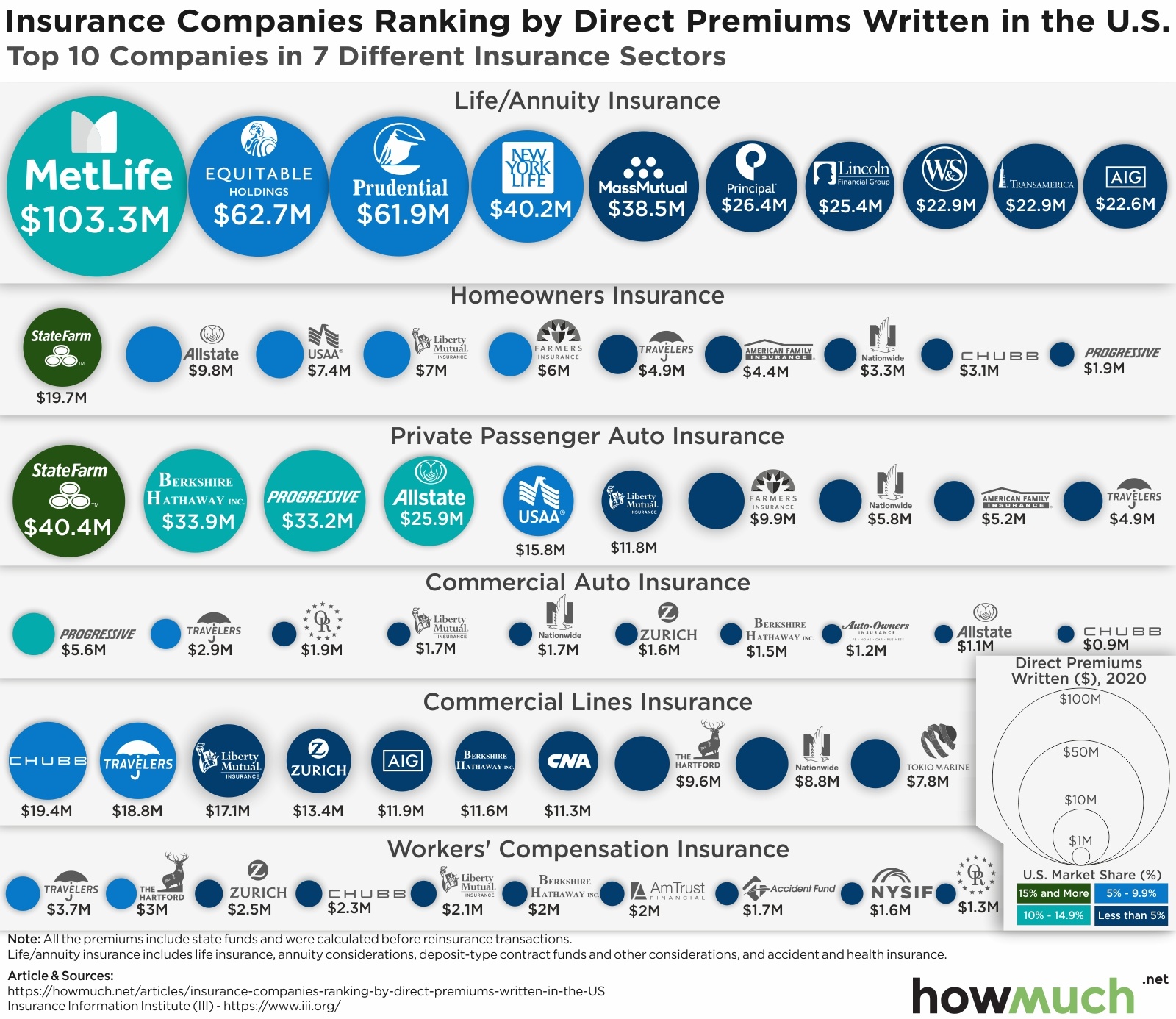President Trump has loudly complained for quite some time about U.S. trade deficits with the world, most recently following the latest G7 summit in Canada. Trump’s rhetoric implies that other countries are enjoying massive surpluses at the expense of American workers. This got us thinking about how the U.S. actually compares as an exporter in the world economy, so we create our newest map.
 We got our numbers from the World Trade Organization (navigate to the Statistics Database to locate the original data). The WTO tracks the total value of physical goods each country sends across its borders. Remember, these numbers exclude services—we are only focused on physical items. To create our map, we changed the size of the country depending on the value of exports, and we likewise added a shade of blue for easy reference. This approach highlights the outliers and identifies several key trends.
We got our numbers from the World Trade Organization (navigate to the Statistics Database to locate the original data). The WTO tracks the total value of physical goods each country sends across its borders. Remember, these numbers exclude services—we are only focused on physical items. To create our map, we changed the size of the country depending on the value of exports, and we likewise added a shade of blue for easy reference. This approach highlights the outliers and identifies several key trends.
Top Ten Countries with the Most Exports in 2017 ($B)
1. China: $2,263B
2. United States: $1,547B
3. Germany: $1,448B
4. Japan: $698B
5. Netherlands: $652B
6. South Korea: $574B
7. Hong Kong: $550B
8. France: $535B
9. Italy: $506B
10. United Kingdom: $445B
The most obvious insight that our map contains about international trade is how unequal it is. A few countries dominate the very top of the list, and everybody else falls far behind. The top exporter, China, has 32% more exports than the second-place Americans. The top three countries generate more exports than the rest of the top 10 combined ($5,258B vs $3,960B). You can see this inequality on our map in how China, the U.S. and Germany dominate the visual forefront.
The second interesting takeaway is that there are several surprise countries, including most notably the Netherlands in the 5th spot ($652B). What could the Dutch possibly export to the rest of the world that would land them so high on our list (and give their country such a prominent place on our map)? It turns out they manufacture a lot of heavy machinery and oil, both of which spread far and wide on the international market.
There are also more than a few surprises at the other end of the spectrum. Several countries in Southeast Asia are extremely well known for having export-dependent economies, and yet none of them are anywhere near the top of the list. Go check to see where the things in your closet were made—we bet most of the items came from Vietnam, Malaysia or Indonesia. None of these countries crack $250B in total exports. But also look at Africa, where only a handful of countries have enough exports to make it on our map. Our visualization tells a sad story about the development of these economies.
And finally, it’s easy to believe listening to Trump’s rhetoric that the U.S. hardly sells anything to the rest of the world. Our map demonstrates how that’s just not true. With more than $1.5T in annual exports, Americans stand a lot to lose if a trade war continues to escalate and eventually becomes a reality.
Data: Table 1.1
About the article
Authors
Irena - Editor





